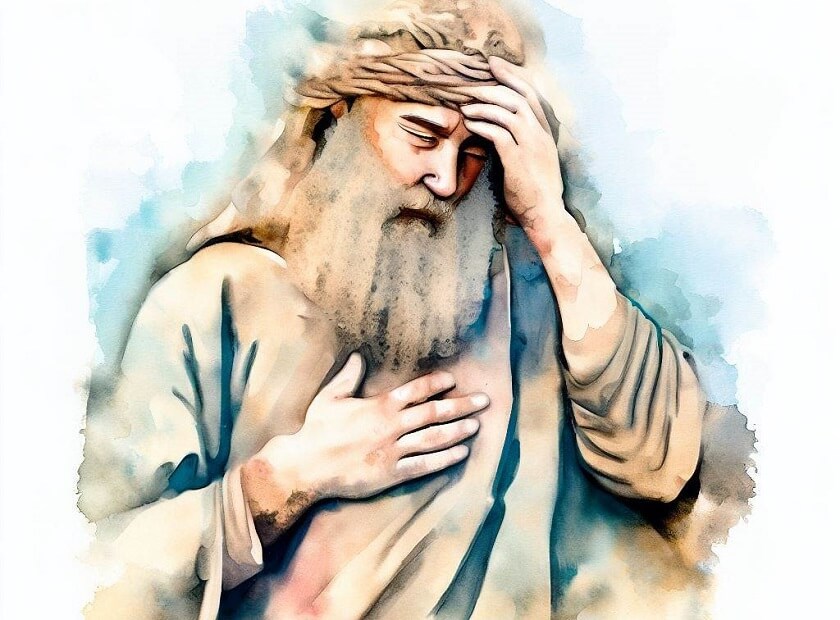
The Aleinu prayer, recited at the conclusion of every prayer service, contains the following verse:
וְיָדַעְתָּ הַיּוֹם וַהֲשֵׁבֹתָ אֶל־לְבָבֶךָ:
כִּי ה’ הוּא הָאֱ-לֹהִים בַּשָּׁמַיִם מִמַּעַל וְעַל־הָאָרֶץ מִתָּחַת, אֵין עוֹד.
Know it today and ponder it in your heart: God is the Supreme Being in heaven above and on the earth below — there is no other. (Deut. 4:39)
What is the difference between “knowing it” and “pondering it in our heart”?
Two Stages of Acceptance
Sometimes, people admit that there is a gap between what they know intellectually and what they are ready for emotionally. They will say, “Yes, this makes sense. This is a better way, a healthier way, a truer way. Still, it’s not for me. It’s too hard; I cannot do it.”
Therefore, the Torah emphasizes the importance of two steps. First, we need to recognize the truth. This is the initial cognitive stage of וְיָדַעְתָּ הַיּוֹם, “know it today.”
This stage is critical, but it is still only on a
theoretical level. It must be followed by the second step: to
internalize that which the mind comprehends. We need to accept
emotionally the ramifications of this understanding and be
willing to act upon it. That is the second stage, וַהֲשֵׁבֹתָ אֶל־לְבָבֶךָ, “ponder it in
your heart.”
The second stage of practical acceptance should be rooted in the initial step of intellectual comprehension. As the Sages taught (Berakhot 13a), “First accept the kingdom of Heaven, and then the yoke of practical mitzvot.”
Above and Below
The verse continues by stating that God is supreme in both “the heaven above and on the earth below.” What does this mean?
This does not refer to God’s unity in the universe, but to our own
inner unity when we accept His reign. “Heaven” and “earth” are
metaphors for our two major faculties: the mind and the heart. We
need to be consistent so that how we act is not detached from what
we believe.
In summary, we should accept God’s kingship on both levels:
- To understand intellectually — in the “heaven above” — using our minds, in cognitive thought and belief.
- And to act upon that wisdom on a practical level — “on the earth below” — with our hearts and our will, by implementing our intellectual understanding in the realm of deed and action.
(Gold from the Land of Israel. pp. 299-300. Adapted from Olat Re’iyah vol. I, pp. 324-325)